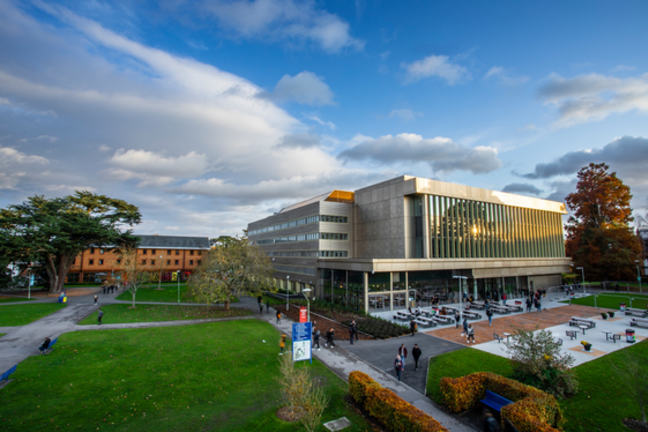This article is from the free online
A Parent and Supporter’s Guide to University Entry


Reach your personal and professional goals
Unlock access to hundreds of expert online courses and degrees from top universities and educators to gain accredited qualifications and professional CV-building certificates.
Join over 18 million learners to launch, switch or build upon your career, all at your own pace, across a wide range of topic areas.


 Suggest your young person looks at some of the clubs and societies that are available now – they can often be found on the student union pages of the university website or under student life.
Suggest your young person looks at some of the clubs and societies that are available now – they can often be found on the student union pages of the university website or under student life.





